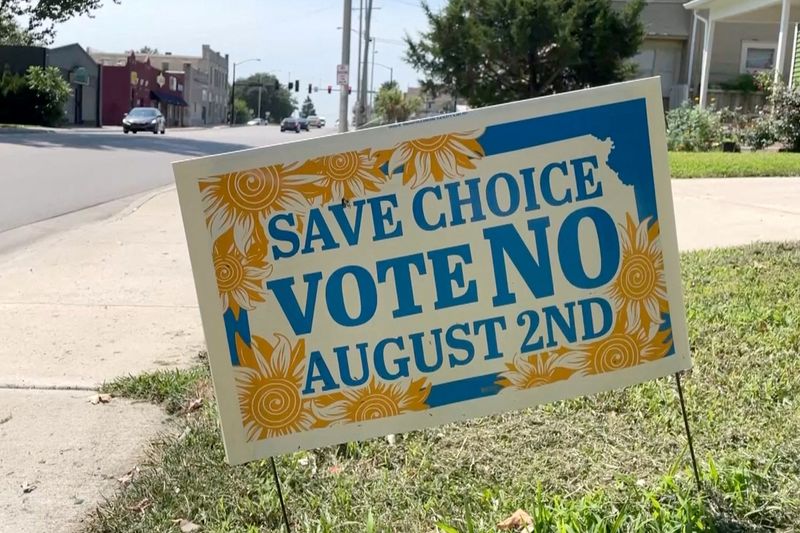Who is Kevin Hassett? Wolfe looks at the Trump ally tipped to become Fed Chair.
(Reuters) - Kansas lawmakers approved a bill early on Friday that would require healthcare providers to tell patients that medication abortions can be reversed once started, a claim medical experts call unfounded and potentially dangerous.
The legislation now proceeds to Kansas' Democratic Governor Laura Kelly, who is expected to veto it, potentially setting up a court challenge if the bill's Republican backers can muster a two-thirds majority in each chamber to override her veto.
Opponents say the bill undermines the will of Kansas voters who in an August statewide referendum rejected by nearly 60% a state constitutional amendment that would have declared there was no right to abortion.
Kansas was the first state to hold such a vote after the U.S. Supreme Court in June overturned Roe v. Wade, the 1973 case that legalized abortion nationwide. The referendum drew record turnout and indicated broad support for abortion rights across the political spectrum.
The new bill would require any place where medication abortions are provided to post a notice telling patients that "it may be possible to reverse" the intended effect if only one of two pills used in the abortion has been taken.
Supporters say the notice would provide information about where patients could obtain further assistance, ensuring women have options in case they regret initiating an abortion.
Physicians say the premise of the bill is incorrect. "Claims regarding abortion 'reversal' treatment are not based on science and do not meet clinical standards," according to a fact sheet on the website of the American College of Obstetricians and Gynecologists.
A similar bill failed in Kansas in 2019 after its Republican supporters narrowly failed to get the two-thirds majority needed to overcome Kelly's veto in the state House.
The Kansas legislature earlier this week approved a bill creating new punishments for doctors accused of not providing sufficient care to infants that are delivered alive during an abortion. The bill has veto-proof majorities in both houses, but it could still be challenged and overturned in court.
